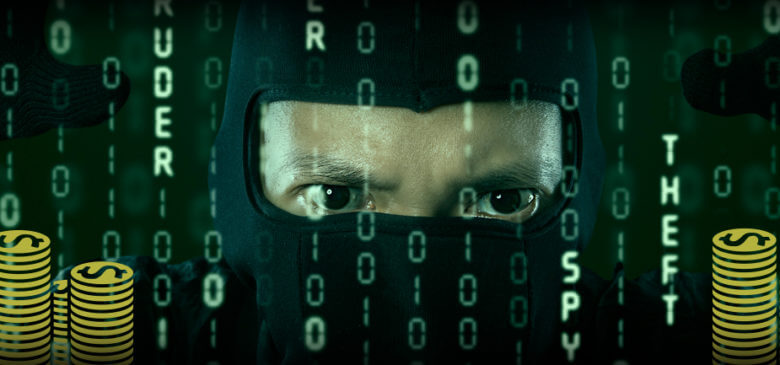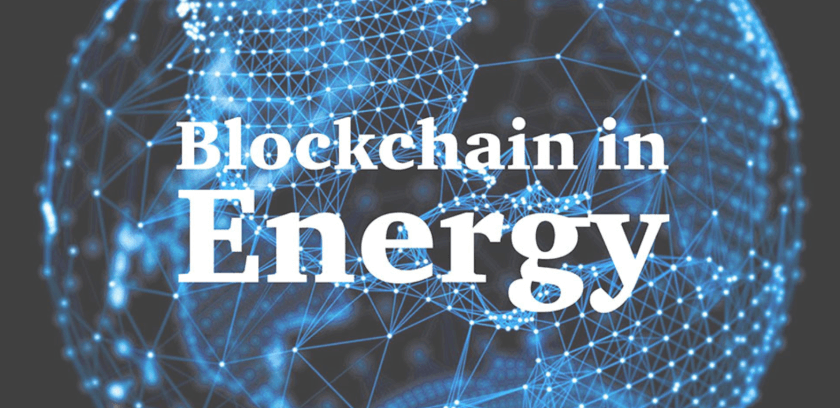Blockchain was created with a new dawn of finance in mind. But more than ten years later, it’s proving to be the tech that could finally heal many ills of modern-day society. One of these is the violation of human rights all across the globe.
Most of us take everyday common things like freedom of speech and movement for granted. It would be a shock to learn that for many people around the globe, many people do not have those rights. An Amnesty report recently revealed that in many countries, governments are denying citizens basic rights such as freedom from discrimination, freedom from slavery, freedom from torture, freedom of opinion, and so on.
How are Human Rights Being Violated?
In recent history, we’ve seen the most egregious of human rights in countries such as Venezuela, Yemen, Turkey, Russia. In Yemen, as the country is embroiled in a civil war, millions lack access to basic rights like food and water. In Turkey, journalists pursuing the right to information are met with a hostile reception. In Russia, opposition leaders are routinely clamped down upon, and murders are commonplace.
Most people would think human rights violations are a thing of developing countries and autocratic governments. But Amnesty has put countries like the EU and Australia on the spot for the “callous” treatment of refugees. US President Donald Trump has been called out for his administration’s border ban that violates the freedom of movement as well as his utterances that many perceive to be religious discrimination.
So, let’s see how blockchain could help the cause for human rights all over the world.
How Blockchain Can Help
Blockchain could go a big way in helping the cause for human rights across the globe. Features of the tech like transparency, immutability, and decentralization could start with bringing more accountability to various processes that previously overlooked or undermined human rights.
#1. The Right to an Acceptable Standard of Living
The right to an acceptable standard of living means that everyone should be able to access the very basic of human rights, such as having nutritious food to eat, nothing, and housing. It also means living in peace and without the fear of persecution or being forced to live in a conflict-affected country. The essence of this is that people can enjoy these rights without having to degrade themselves or being stripped of their dignity, such as through begging and/or forced labor.
Some of the situations that could lead to the deprivation of these rights is hyperinflation in countries. Hyperinflation often leads to the loss of the average person’s life savings, putting them in danger of losing their basic rights. With blockchain-based cryptocurrency, hyperinflation could be avoided. For example, in Venezuela, residents turned to Bitcoin and Dash cryptocurrencies to cushion themselves against the hyperinflation of the nation’s currency.
Cryptocurrency also makes micro-trading and micro-lending possible. Many cryptocurrencies are divisible to infinitesimal quantities. Bitcoin, for example, is divisible up to 8 decimal places. When you assign value to the tiniest of quantities, the size of a trade becomes smaller and hence very affordable. In the same way, people can sell their products at more affordable prices and make a profit.
Blockchain could also support human rights through decentralized finance (DeFi). DeFi is the idea that anyone anywhere can participate in the global financial system as long as they have an internet connection.
#2. The Right to Participate in Government and in Free Elections
This right implies that everyone should be able to participate in decisions that impact their interests. This means that people should be able to defend their interests and to help create a society where those interests are upheld. The right to vote and participate in elections and the freedom of association translates into these rights.
In many places across the world, these rights are denied to people. In these places, electoral fraud is rampant, distorting the true will of the people. Even in the United States – ‘the land of liberty,’ the 2016 presidential election is still mired in controversy. A Senate report released in August 2020 showed that Donald Trump’s election might have received help from foreign countries.
In many parts of Africa, electoral malfeasance is often commonplace. The 2017 Kenyan election was rife with voter intimidation, allegations that the electoral commission was compromised, and chaos. The supreme court had to cancel the election, leading to a second one. However, the opposition party boycotted the second round, calling it a sham election. The result was the incumbent winning the election with 98% of the vote.
But election fraud is not limited to politics. It happens too in private organizations.
With blockchain, unfair election unfairness can be a thing of the past. Through blockchain, people can vote without fear of intimidation and in the privacy of their homes. And after votes go on immutable the blockchain, they cannot be interfered with.
#3. The Right to Freedom of Opinion and Information
The right to freedom of opinion and expression gives people the right to receive and also impart information of any kind and on any medium.
All over the world, this right is often violated. This includes the clampdown on journalists. China, Turkey, and Egypt are three places with the dubious distinction of harassing and imprisoning journalists. The right to receive information is also violated when governments restrict information, such as by shutting down websites. For example, Wikipedia has been banned in countries such as Russia, Saudi Arabia, China, and Turkey.
Blockchain can help address this by providing a platform where no one can censor, delete, or edit information. Decentralization also means no one party can shut down such platforms.
Closing Thoughts
These examples are just a few of the many examples where blockchain could aid in the protection of human rights. Other scenarios include fighting modern-day slavery and human trafficking through blockchain-based identity management. Blockchain’s immutability could also help protect people’s right to property. In short, when it comes to blockchain and human rights, the possibilities are endless.




